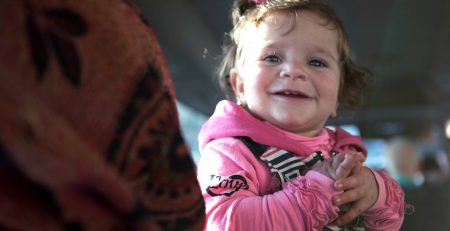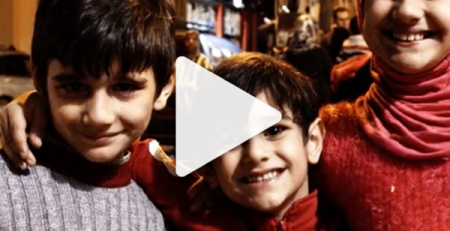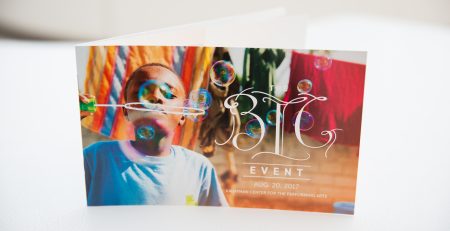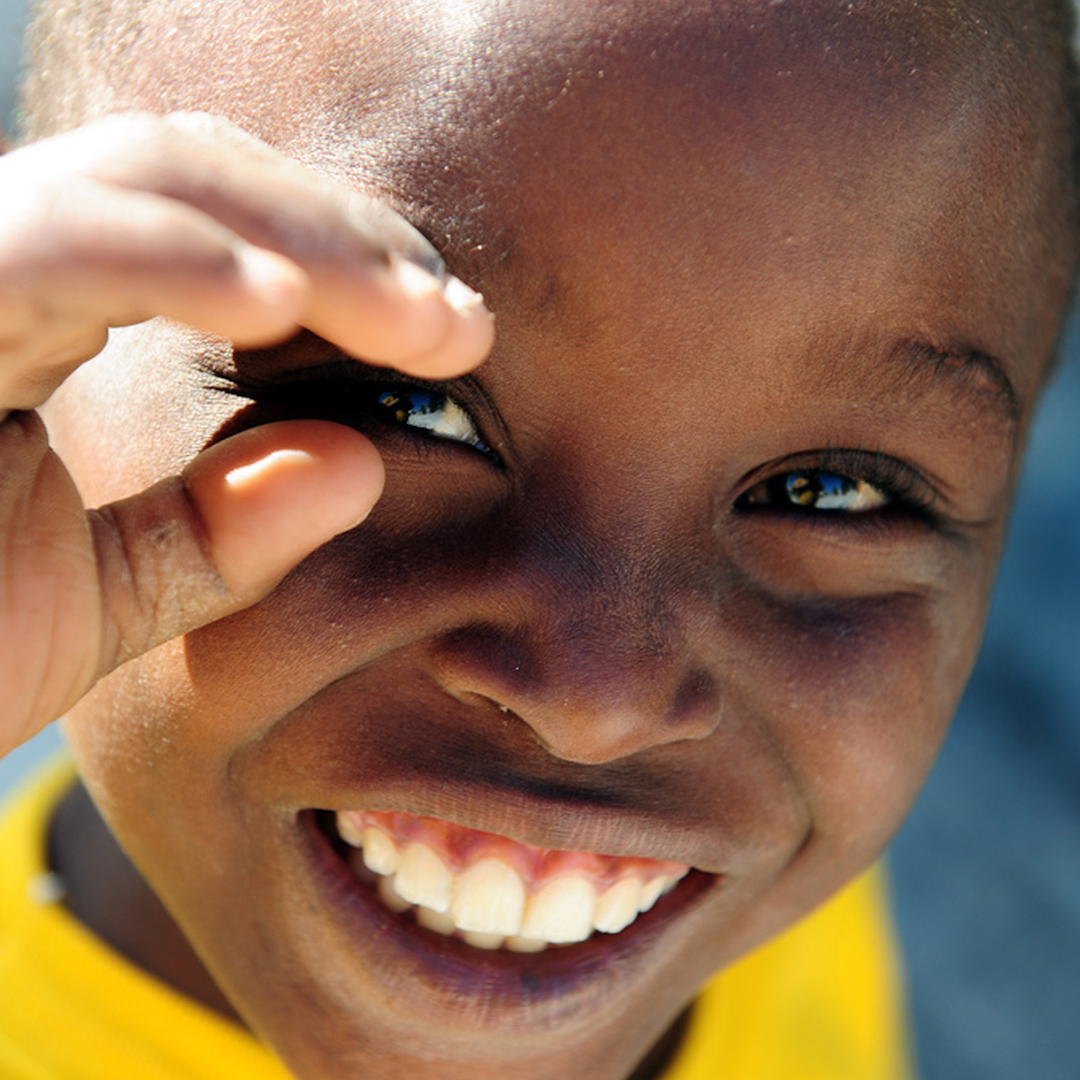Seeing The Work Through Grace
by Kim Farag, two journal excerpts from Mid-America Nazarene’s Specialized Counseling Trip to Uganda earlier this summer
Seeing The Work Through Grace
Even before we even left for our trip I frequently found myself asking, what is our purpose for going? I know the textbook answer. We were taking the knowledge we have gained over the past two years about counseling and trauma and applying it in a culture other than our own; however, this answer was still rather unsatisfying to me. If I was looking to simply enter into another culture, I can do that at home. There are plenty of subcultures right here in Kansas City.
Was the trip for us to be able to say we went to Africa? While it is a place I have always wanted to visit, that’s not enough. There was something more. The question of how are we helping the people of Gulu and Lira in northern Uganda lingered. We can go and have fun, but what are we bringing to help improve their lives not just ours?
Once there, our second round of workshops was located in Boroboro, just outside of Lira. It was the last day of our sessions, and we were once again wrapping up our meeting outside under the mango tree (the way ALL meetings should happen if you ask me!). For our final activity Dr. Brown decided we were going to break the participants into small groups and have them practice active listening with each other; which in my group initially started out as more difficult than planned, because no one wanted to play the part of listener. Everyone wanted to share (talk).
Finally after several rounds of demonstrating listening to someone else’s story, Rev. Tom said he would practice being the listener while a woman named Grace told her story. As I watched the interaction between the two tears came to my eyes. Grace told him her problem and Rev. Tom did an amazing job of just listening to her and instead of offering a solution he simply asked what she needed of him. Did she just need someone to listen, or was there a way she wanted him to help her?
After this my group talked about how they really enjoyed practicing listening. The norm for their culture is give advice and a solution when someone wants to share what they have experienced; however, when someone actually listens, they feel understood and loved.
As we continued to practice I could see the concern grow on their faces, before they finally asked, “We see how listening to others is better and now we want to do it with others, but how do we do it here? This is not how our culture communicates. People don’t trust each other to keep their story confidential.” I explained only they could answer that question. We would be leaving soon, but they would remain. Therefore, it was up to them to share what they had learned with others in their community and slowly by slowly (a very common phrase over there that I love!), if they persisted in trying to create change, it would happen in a way that makes sense in their culture.
So fast forward to the next morning at church, Grace stood up in front of the whole congregation and summarized what she had learned the previous two days. She then demonstrated listening through role-play with another church member, and finished up by saying come talk to me to learn more. The Reverend then had everyone who had attended the workshop stand up and told the congregation to look around to see who was standing, because these are the people to go to, to learn more about how to listen to each other (not the Americans). He then challenged participants to share what they had learned with those they come across.
It was at that moment I knew why we had left our friends and family for two weeks to travel half way across the globe. In Uganda the number of resources available for both medical care and mental health are lacking to say the least. While there we also visited a mental health facility, and even though they are trying their best with what they have, it is not somewhere anyone should have to live. Also, for those who can afford it going to the hospital usually means death is not far off.
Here in the US we have seemingly unlimited access to resources and education. Even those in the poorest areas can still access some sort of decent medical care and counseling. It was through this that I realized we went to Uganda to give them a gift of knowledge of how to help each other heal from the trauma of civil war. We taught them skills on how to deal with their own pain and how to listen to each other. I feel so blessed that the Lord allowed me to see, through Grace’s testimony in church, a glimpse of a gift that we had shared before we left to come home.
Being Known
For our first round of workshops we visited Gulu in Northern Uganda, and spent several days with some very awesome people from the Father’s House, St. Paul’s Cathedral, and the seminary. I will always hold many memories in my heart and mind from this place; however, the one that stands out the most is the music and dancing that happened at every possible opportunity. Now for those who know me well you know I love to dance, and when I get the chance I will join in without hesitation. In addition to knowing I like to dance you may also know I am not very good at it, so when I would jumped into the front lines one elderly lady named Edith, who also shared the love of dancing, quickly took me under her wing and taught me how to dance Acholi style. From that moment to the end of workshop anytime there was dancing I found myself next to Edith. It didn’t really matter that she barely spoke English and I only new thank you in Acholi we had a blast, laughing and dancing.
Now even if that is the only part of this story Edith earned herself a permanent spot in my heart, but she took it a step further. On our last day we were loading the bus to head out to Lira the next day, and Edith approached me. She said, “Kim, remember me, don’t forget me”, I then said Edith how could I ever forget you, you taught me how to dance! It was not until later that the weight of what she had said hit me. Out of all the request she could have made the only thing she asked was to be remembered, to be known by another. This is something we all long for, but few rarely can ask as boldly as Edith did.






